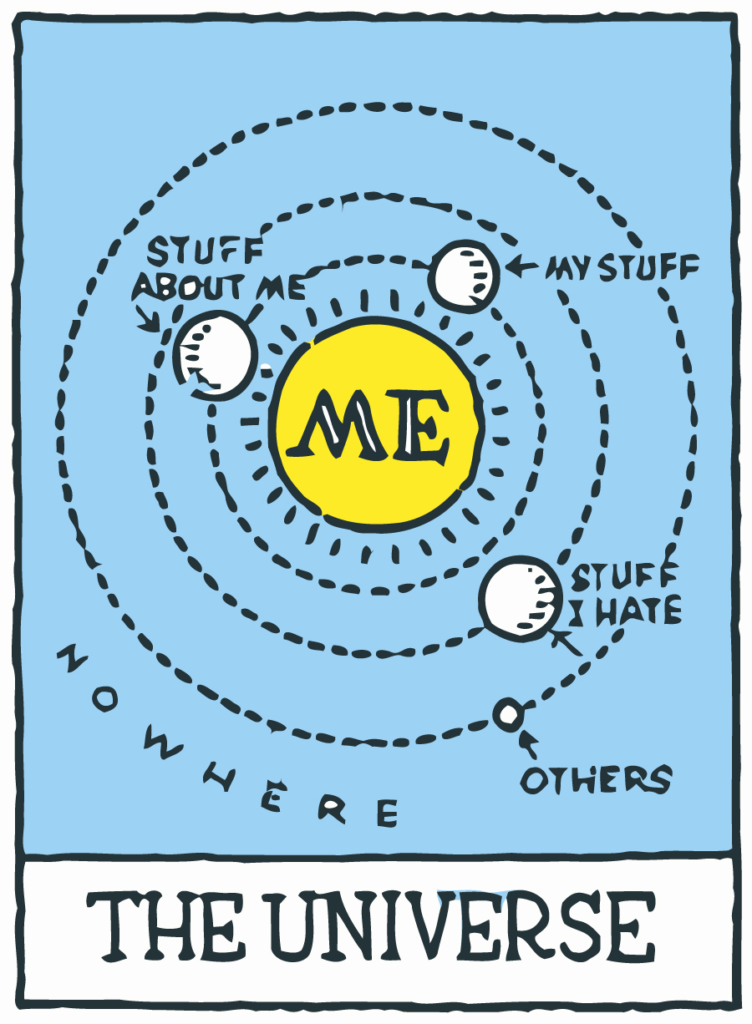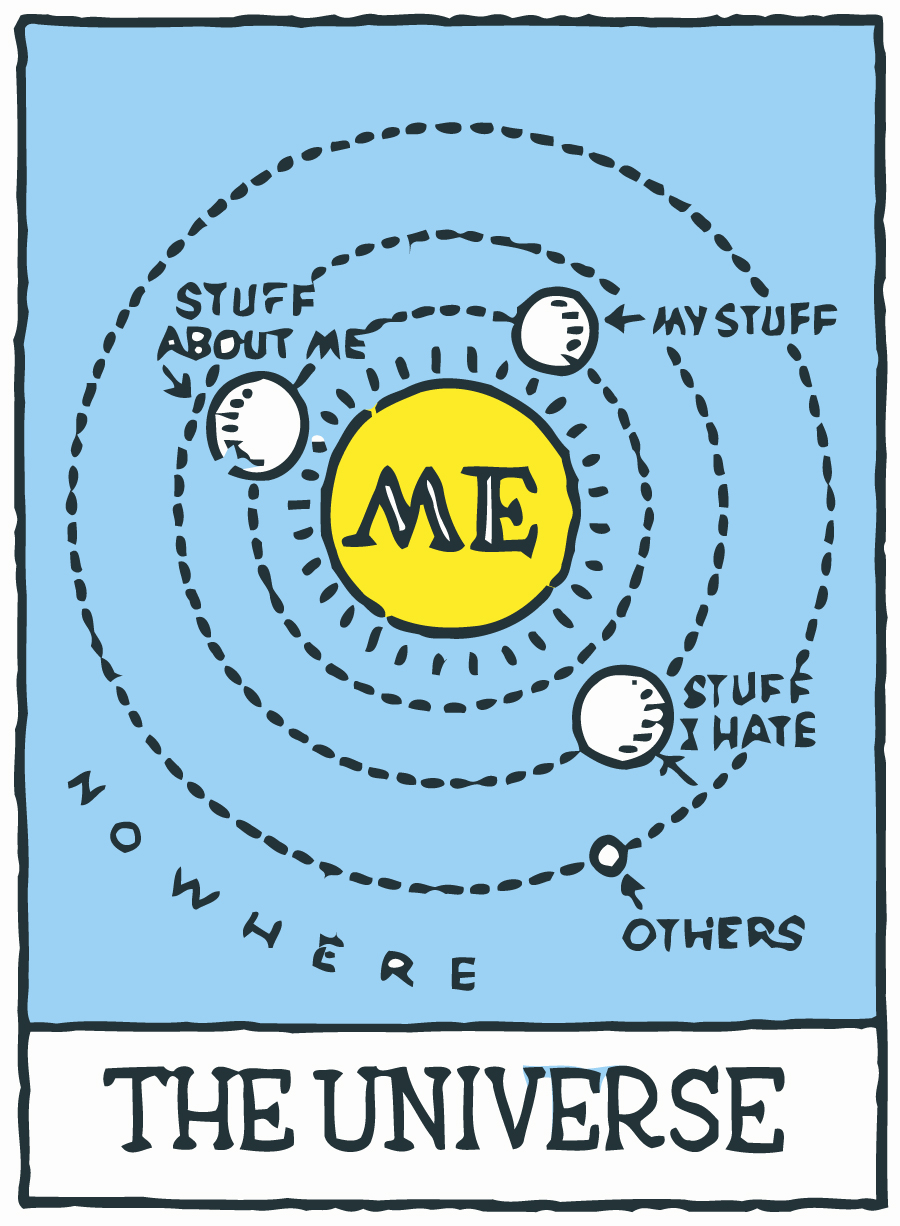
Prayer as Protection From Solipsism
“What’s happened now is that spiritual experiences since the 1970’s have been re-branded as things that are good for your health; this started with meditation. Meditation is now practiced by many millions of people, about 18 million Americans now meditate. And most meditation was traditionally carried out in order to connect with the realm of the spirit, whether it was Brahman or Nirvana or God… I mean, contemplative prayer in all traditions was a way of connecting with the Ultimate source of consciousness. But that’s not how it’s being portrayed in the secular world. It’s being portrayed as a way of reducing blood pressure, overcoming stress, leading a more fulfilling life, sleeping better… and I think much the same thing has happened with yoga. I mean yoga is part of a Hindu spiritual tradition, but in its Western export it’s all about keeping the body supple and attractive; good health, fitness and so forth. These traditional spiritual practices have been secularized and it’s precisely because they’ve been secularized that it’s been possible for scientists to investigate them… I think it’s significant that there are several thousand papers on the effects of meditation — brain scans, physiological measurements, heart beat, stress-hormone levels like cortisol in the blood — but very, very few studies on prayer, because prayer is inherently religious, you can’t pray unless you believe there is a form of consciousness beyond yourself to which you pray, whereas you can meditate if you think it’s all going on inside your head. It’s much harder to treat prayer in a secular spirit than it is to treat meditation [in a secular spirit]…” – Rupert Sheldrake
The above passage is a transcribed quote from the respected biologist and philosopher of science, Rupert Sheldrake. The quote comes from an interview he did recently on Homebrewed Christianity in which he and Tripp Fuller discuss many things including: the dogmatism of scientific materialists, the nature of consciousness, parapsychology, pets, psychedelics, ritual, pilgrimage, neo-darwinism, the changing shape of religion, epigenetics, creativity in evolution, Bergson, Whitehead, and why Rupert loves the doctrine of the Trinity.
The last part of this particular passage jumped out at me, though, because I think Sheldrake makes an interesting observation about the nature of prayer and perhaps hits on a larger (important) distinction between the conceptions of Ultimate Reality in various religious traditions. Forms of payer like confession and intercessory do seem to require one to believe in a form of consciousness that is beyond oneself, but to go further with that, it’s probably important to note that this form of consciousness is thought of by the one praying to be at least somewhat personal; it’s a form of consciousness that is listening because it cares. And I think that, when it comes down to it, this is why I still do find the concept of a God who is not less than personal (NLTP) more appealing than more impersonal conceptions of Ultimate Reality like that found in Taoism for example… not that the impersonal conceptions of UR are wrong and the NLTP God concept is correct (I’m a pluralist and actually like Taoism a great deal), just that on an aesthetic and experiential level I find the NLTP conception of UR more appealing, and what Sheldrake is talking about here makes sense to me: prayer requires me to confess and believe that my advanced human-ness/consciousness is a) not all there is (i.e., by praying I’m forced to admit that I’m not the center of the Universe) and, b) probably not the zenith in terms of personhood either (i.e., perhaps we can say prayer pushes one toward a de-centered view of humans, an anthrodecentrism?). In philosophical terms, I guess one could sort of say that a prerequisite of prayer is that one must take a somewhat anti-solipsistic stance; i.e. if one is praying to a God that, in Sheldrake’s words, “is a form of consciousness beyond yourself,” then I would imagine it would be pretty difficult to hold to various forms of monistic idealism (like subjective idealism) that might eventually lead one to affirm, for instance, that mind is the only god and that all actions in the universe are the result of the mind assuming infinite forms or something…. But who really knows, I’m just thinking out loud here.
Anyway, the interview is well worth a listen and Sheldrake’s website is well worth a look, especially his research on how dogs are telepathic (which he also talks about in the interview!).

0 Comments